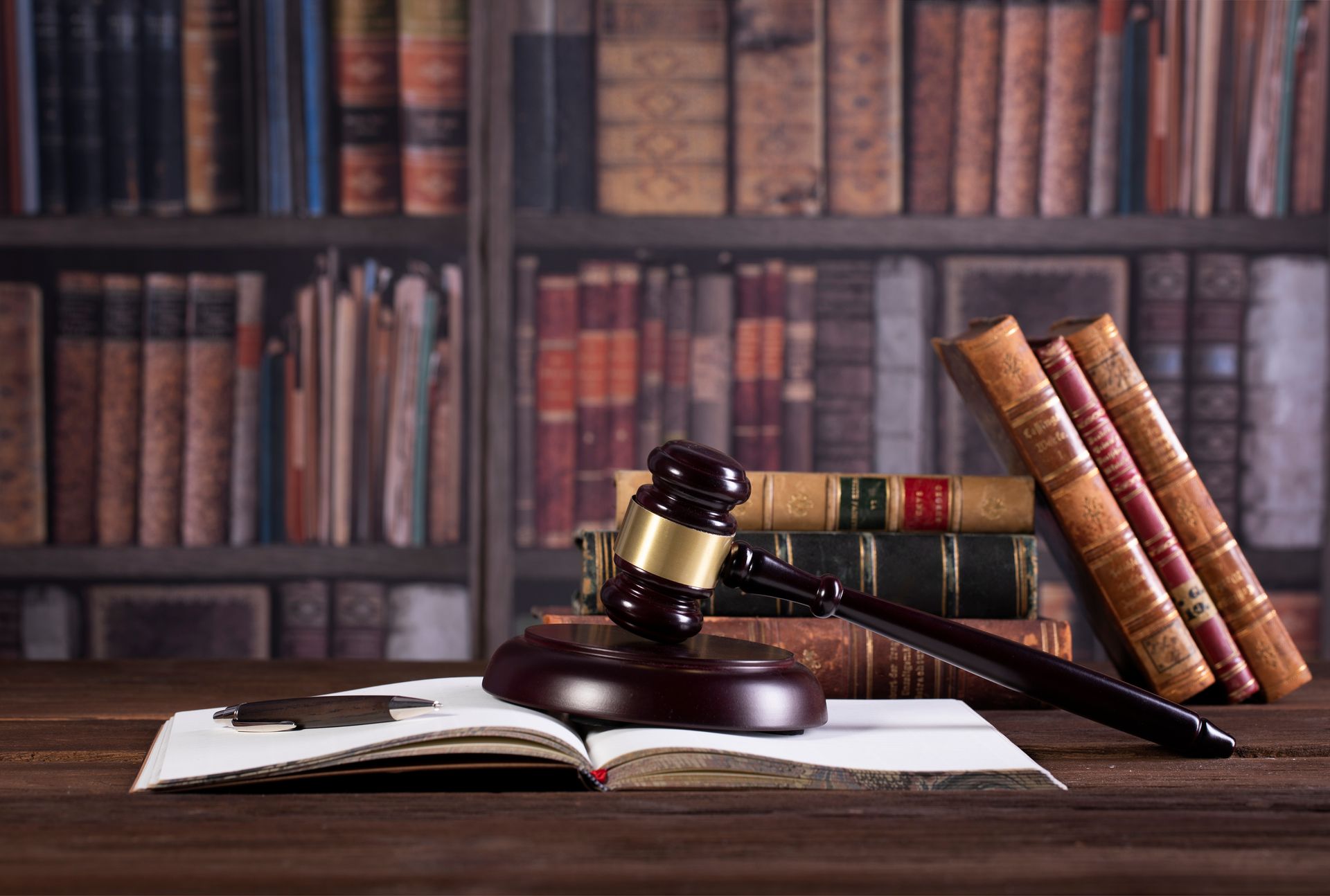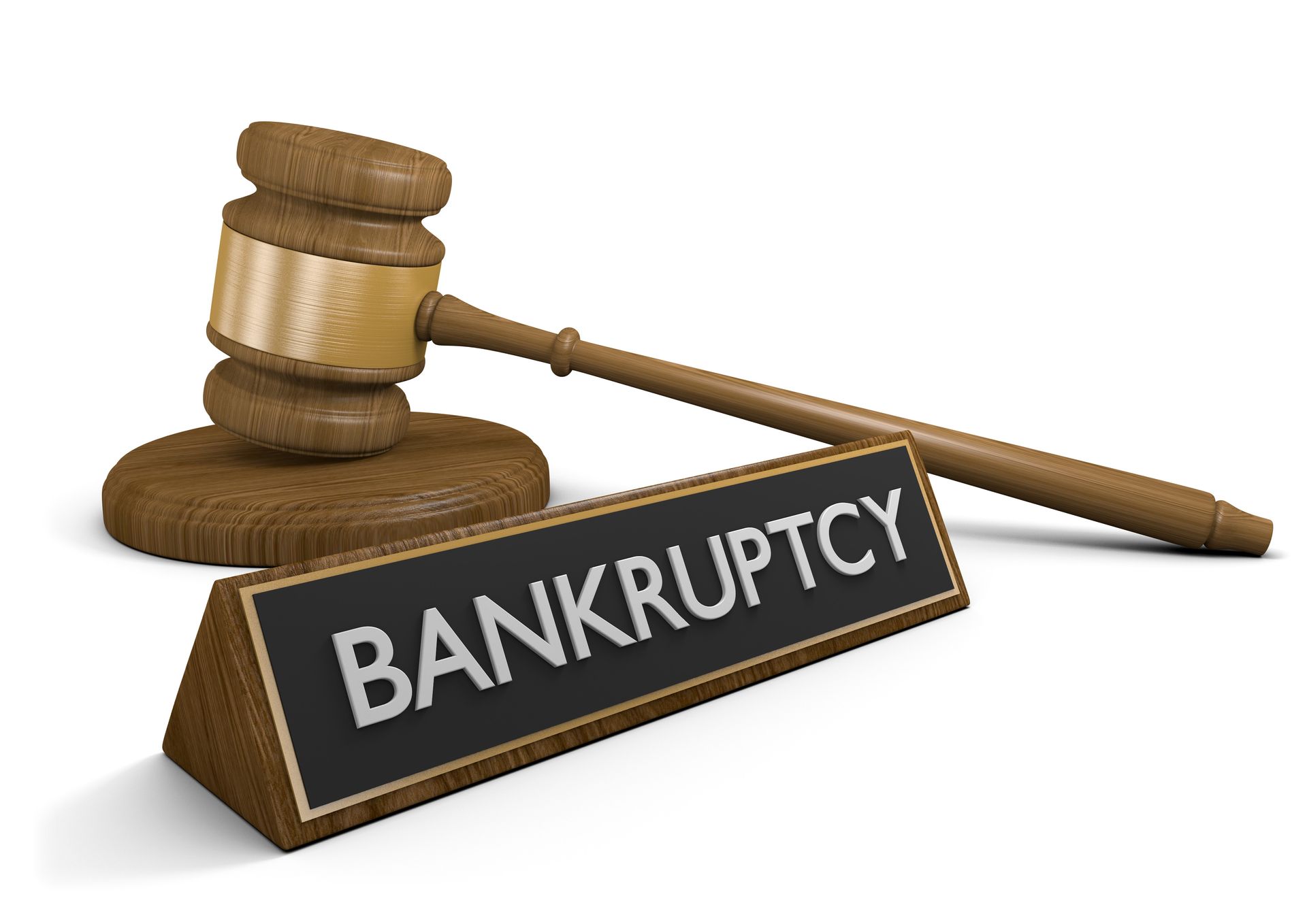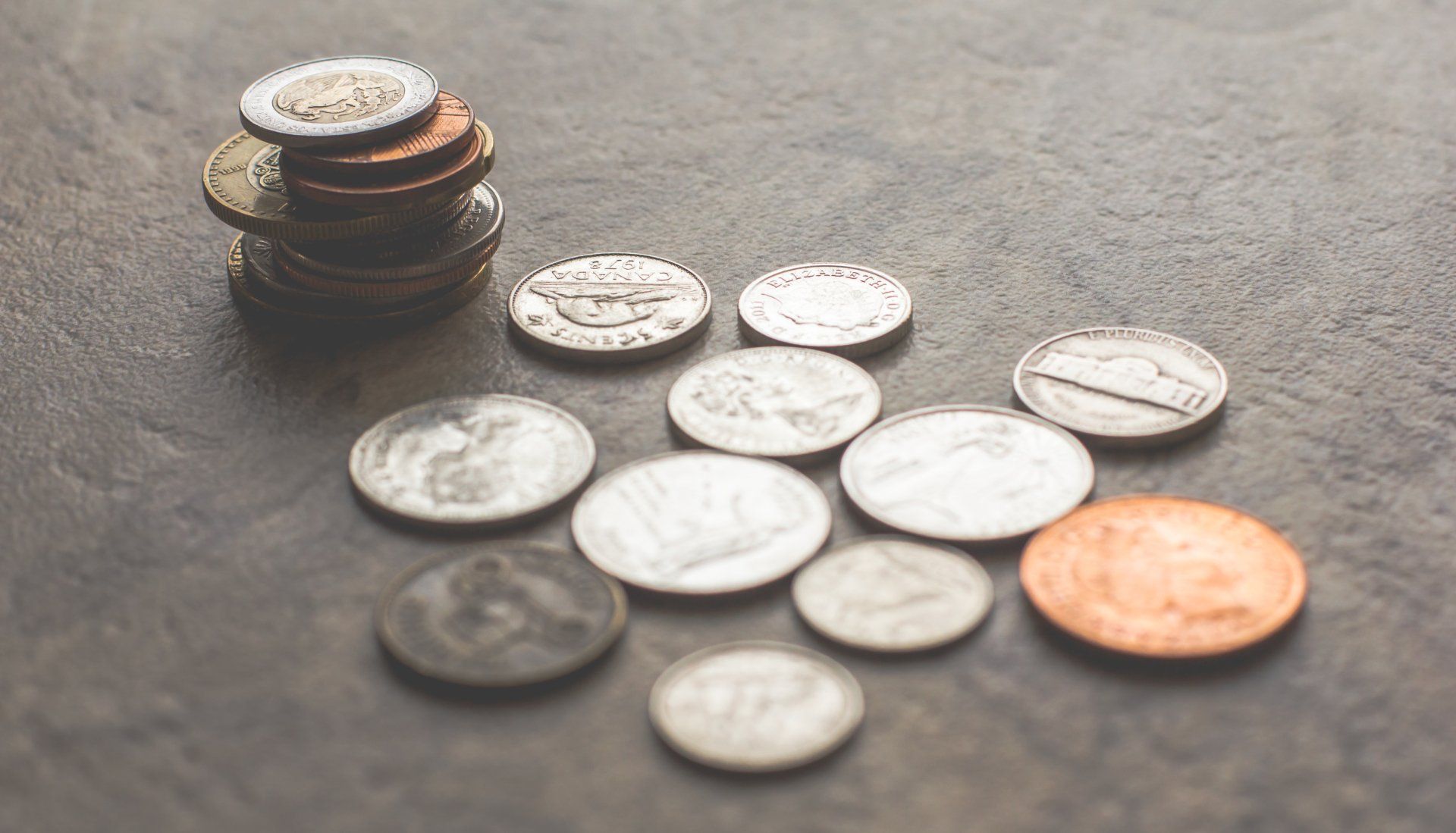By Karina Alvarez
•
31 Aug, 2023
Filing for bankruptcy can be a difficult and overwhelming process, but it can also be a fresh start for those struggling with debt. For residents of New Jersey, Chapter 13 bankruptcy can be a viable option for individuals seeking to repay their debts while keeping their assets. In this blog post, we will explore the benefits of filing for Chapter 13 bankruptcy in New Jersey. 1. Repayment Plan: One of the primary advantages of filing for Chapter 13 bankruptcy is the ability to create a repayment plan. The debtor can propose to pay back their debts over a period of three to five years, depending on their income and expenses. This plan allows for manageable monthly payments according to the debtor's budget while keeping their assets. This repayment plan also allows for any unsecured debts, like credit card or medical bills, to be discharged after the successful completion of the repayment plan. 2. Protection of Assets: One of the most significant benefits of filing for Chapter 13 bankruptcy is that the debtor is allowed to keep their assets. The debtor can reorganize their debts and establish a payment plan that allows them to repay their debts without losing any of their property, like their home or car. Additionally, the bankruptcy process applies an automatic stay on debt collection activities, putting an end to creditor harassment while the case is pending. 3. Protection of a Co-Signer: When a debtor declares bankruptcy, a co-signer of their loan may also face legal liability. Chapter 13 bankruptcy may protect these co-signers from creditor collection activities. The repayment plan established in the bankruptcy proceeding may lower the chances of a default during the bankruptcy process. Thus, one can avoid defaulting on their loan with the protection of Chapter 13 bankruptcy. 4. Credit Score: While the bankruptcy process can initially impact the debtor's credit score, filing for Chapter 13 bankruptcy in New Jersey can positively impact the debtor's credit score in the long run. Chapter 13 bankruptcy provides the debtor with the opportunity to rebuild their credit score by making timely payments on their repayment plan and reaffirming their secured debts. The debtor can discharge their remaining unsecured debts, which can also positively affect the credit score. 5. Exit Strategy: Finally, the bankruptcy process ensures an exit strategy for the debtor. The goal of filing for bankruptcy is to repay the debts and overcome financial difficulties. Bankruptcy can be an end goal to become financially stable again. In New Jersey, successful completion of the Chapter 13 bankruptcy process can ensure relief from debts and a fresh financial start. Filing for Chapter 13 bankruptcy in New Jersey under the guidance of a knowledgeable bankruptcy attorney can provide many benefits. The repayment plan, asset protection, credit score improvement, protection of co-signers, and exit strategy are all available through this process. Bankruptcy can be a difficult yet hopeful journey for those who are struggling with debt, and Chapter 13 bankruptcy in New Jersey is a viable option to pursue a fresh start.










